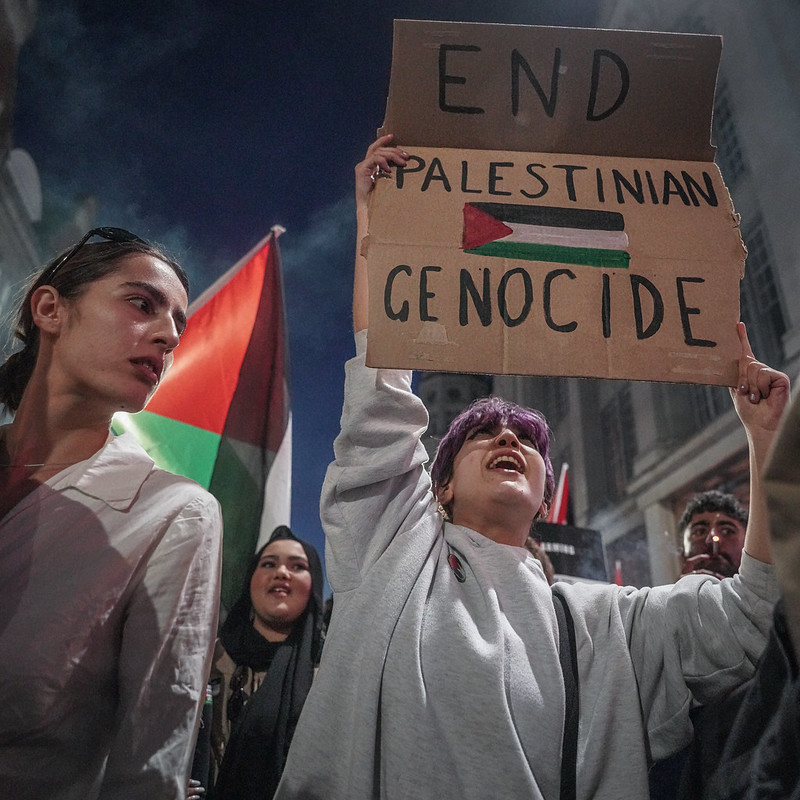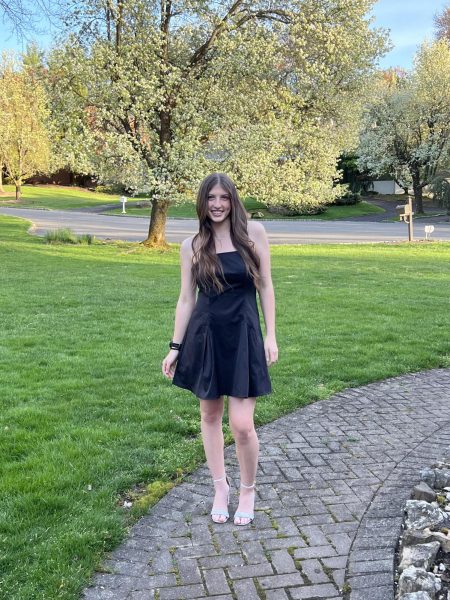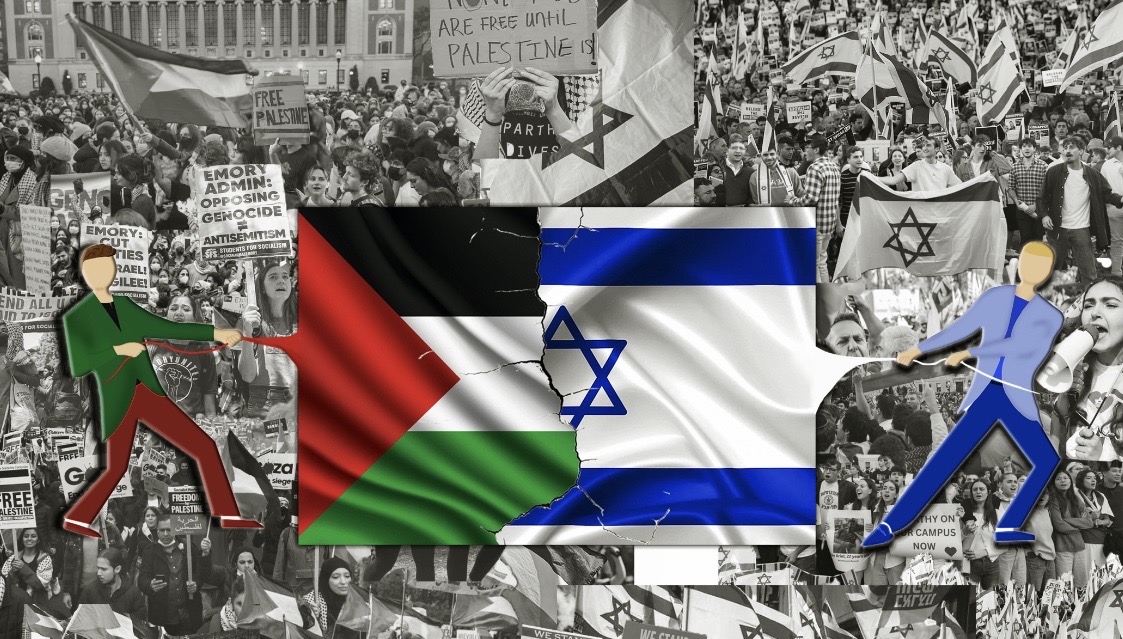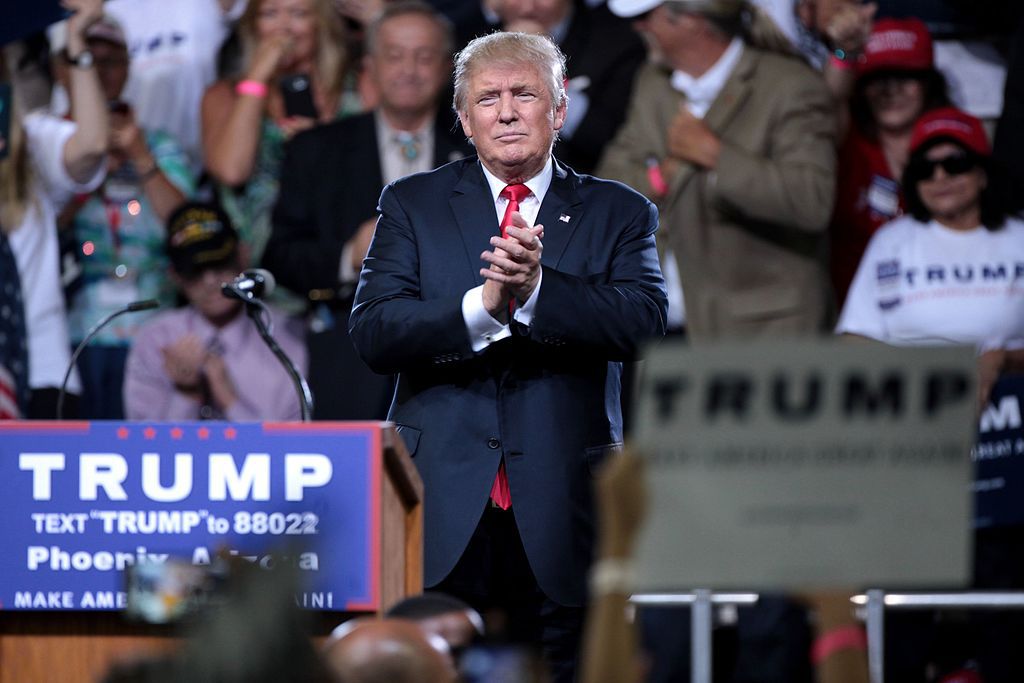The United States is distinctly split between supporting Israel or Palestine in the war. A majority of Palestine supporters have become outraged that the United States is not supporting Palestine. Since Oct. 7, social media has been flooded with anti-Israel campaigns, accusing the Israelis of “genocide” toward the Palestinians. But it’s important to note that the term “genocide” contains significant weight and implications, and its use inside the context of the Israel-Palestine war is highly contentious.
Genocide, generally, is a term that refers to the deliberate and systematic extermination of a particular group based on their ethnicity, nationality, religion or race. It includes acts devoted to the cause to destroy in whole or in part, a national, ethnic, racial or religious group. While there’s no universally accepted definition of genocide, the United Nations defines it as acts devoted to the cause of destruction. Accusing a country of genocide is a critical allegation that calls for vast proof and careful consideration.
Claims of genocide towards Israel are primarily based on allegations of disproportionate use of force, civilian casualties and the effect of Israeli regulations and movements on Palestinian communities. Supporters of Israel disagree with the claims of genocide because they view the actions as self-defense. Unlike Hamas’s unprovoked attacks, they claim, Israel’s are a response and aren’t aiming to exterminate a particular group of people. This debate hinges entirely on how much or how little they believe news reports and perspectives from Israelis and Palestinians on the front lines of violence in the Middle East.
“Genocide is always political and always complicated,” history teacher Christopher Benacquista, who teaches the Genocide and Holocaust history elective said. “War is devastating and the hope is that civilian loss of life will never occur. Unfortunately, however, collateral damage does often happen in war and, tragically, we’re seeing that now in Gaza.”
The Israeli-Palestinian conflict is a complex and deeply rooted issue with historical, political and religious dimensions that goes back for generations. Both sides have suffered losses and experienced hardship, and the war has resulted in a significant loss of life and displacement of people. Accusations of genocide not only reflect the severity and depth of the war but also additionally spotlight the pressing want for a nonviolent and sustainable resolution.
It is vital to approach the Israel-Palestine war with nuance and empathy, recognizing the experiences and narratives of each Israeli and Palestinian. While the accusations of genocide should be taken seriously and investigated thoroughly, it is crucial to avoid oversimplifying the complicated realities of the war.
Photo credit: “End Palestinian Genocide” by Alisdare Hickson is licensed under CC BY-SA 2.0 Deed



